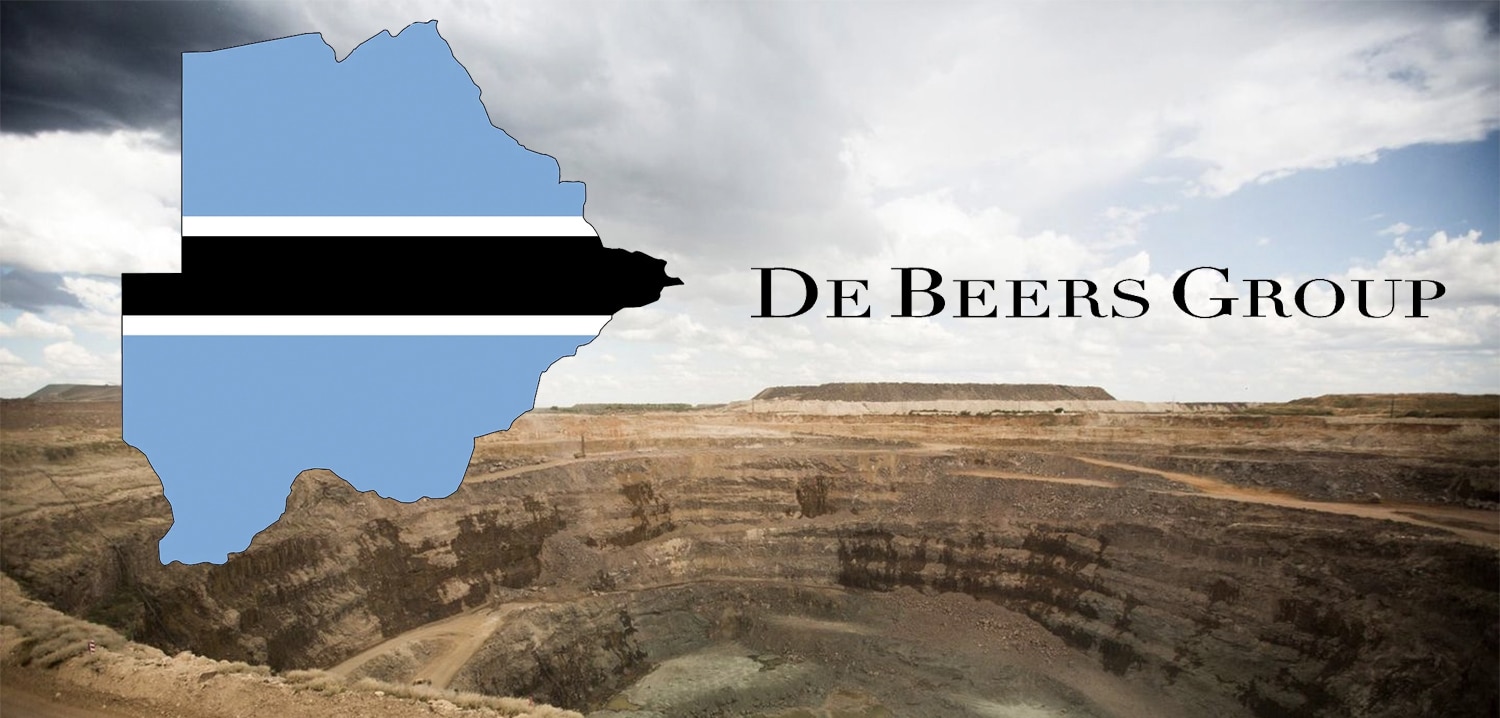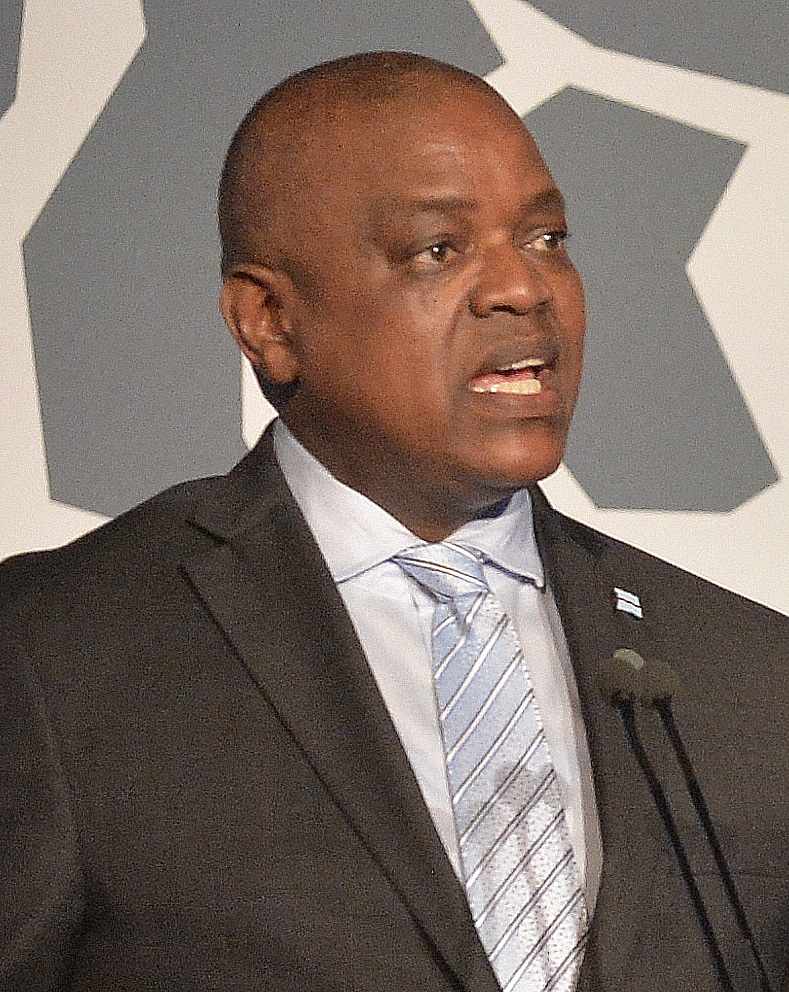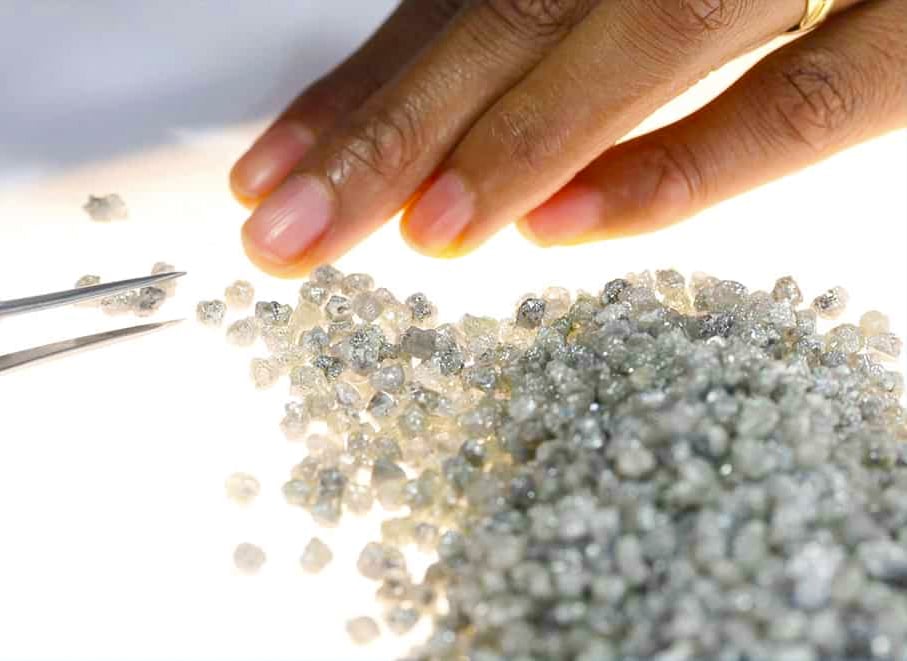Blog
Home » Diamonds blog » AS BOTSWANA’S SALES AGREEMENT WITH DE BEERS SET TO EXPIRE, COUNTRY’S PRESIDENT SUGGESTS ALL OPTIONS ARE ON TABLE
Focus on

Photo: Edgar Soto on Unsplash.com.
Sometime during the coming few weeks or months, the government of Botswana and De Beers are expected to announce a new sales agreement. Most pundits would be truly taken aback if this were not to happen, but right now the one side seems it’s playing hard to get.
Speaking recently at a political rally organized by his ruling Botswana Democratic Party (BDP) in his home village of Moshupa, some 65 kilometers outside the country’s capital of Gaborone,the Botswana President, Mokgweetsi Masisi, decaled that his government could still walk away from the negotiating table if talks with De Beers to renegotiate a deal prove unfavorable for the country.
“If we don’t reach a win-win situation, each side will have to pack up and go home,” President Masisi warned.
“We got a glimpse of how the diamond market works, and we found out that we received less than we should have,” he stated adding .”we also found out that our diamonds are bringing in a lot of profit and that the agreement [in 2011] had not been favorable to us.”
We want a bigger share of our diamonds. Business cannot continue as before,” the Botswana president stated.
FROM 10 PERCENT TO 25 PERCENT
The last comprehensive sales agreement between De Beers and Botswana was signed in 2011, and was meant to last for 10 years, the longest ever period covered by pact between the two parties.
Under the terms of the 2011 deal, De Beers agreed to transfer its London-based rough diamond sales activity from London to Botswana, transforming Botswana into one of the world’s leading diamond trading and manufacturing hubs. This took place at the end of 2013, with the Diamond Trading Company relocating its sights and sales operations, including professionals, skills, equipment and technology.

All options are still on the table, suggests Botswana’s President Mokgweetsi Masisi.
The 2011 agreement It also provided for an independent sales outlet for the Botswana Government, which began at 10 percent of Debswana’s run of mine production and rose to 15 percent over a five-year period.
The deal should have been full renegotiated in 2021, but give the impact of the COVID pandemic it was extended to June 30, 2023, although Botswana’s share of sales was increased to 25 percent.
TOUGHENING ITS POSITION OR POSTURING?
Most believe that the Botswana president’s comments are just last-minute maneuvering, as they are conflict with earlier statements he made about being confident that a deal will be struck.
“We are just fine tuning, but we will strike a deal,” President Masisi had said earlier an interview in he did in Marrakech, Morocco. “It is imperative that a deal gets struck because it is in the interests of both parties.”
The Botswana government wants to make improve value added to the stones mine in Botswana through local processing to help boost job-creation and economic growth, the country’s president said.
“It’s really value addition, so the resources you have been mining, we want to use our knowledge base to yield greater returns,” President Masisi stated. “That’s the conversation De Beers and ourselves are talking about.”
It’s certainly in the interest of De Beers and its parent company, Anglo American, to have the agreement signed as sealed. Botswana’s diamond mines are really the jewel in De Beers’ crown, contributing about two-thirds of its annual rough-diamond production.
The same is true for Anglo American, for which De Beers comprised 9.7 percent of total EBITDA of $14.5 billion in 2022, up from 5.3 percent in 2021.
Anglo American’s CEO, Duncan Wanblad, seemed unconcerned, saying that said had been held “in good spirits both side of the fence”.
“The vast majority of all the elements of the negotiation have been completed. There is only one outstanding workstream and that is where the team is working at the moment,” Wanblad stated.
Sarah Kuijlaars, De Beers CFO, later suggested that Mokgweetsi’s comments were meant for public consumption, and did not reflect the discussions with De Beers. “I think we’ve got to acknowledge that the President was talking to the community,” she stated.

Photo: Debswana
It should be noted that Botswana is in an usual position, being represented in both sides of the negotiation. It holds a 50 percent share in Debswana, the country’s largest mining company, and a 15 percent share in De Beers itself.
